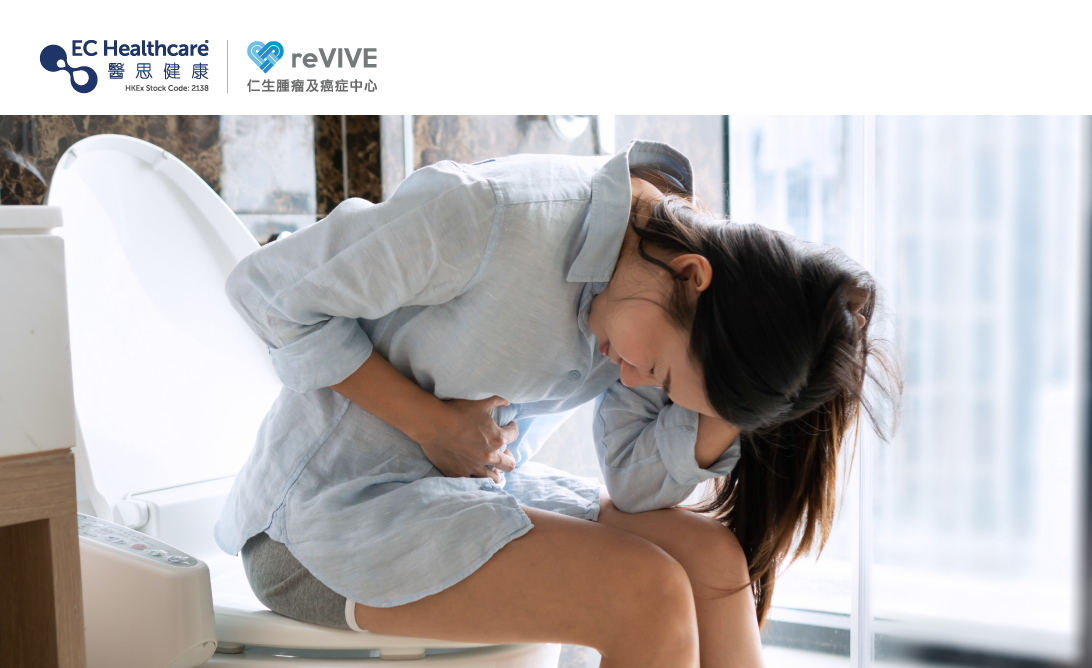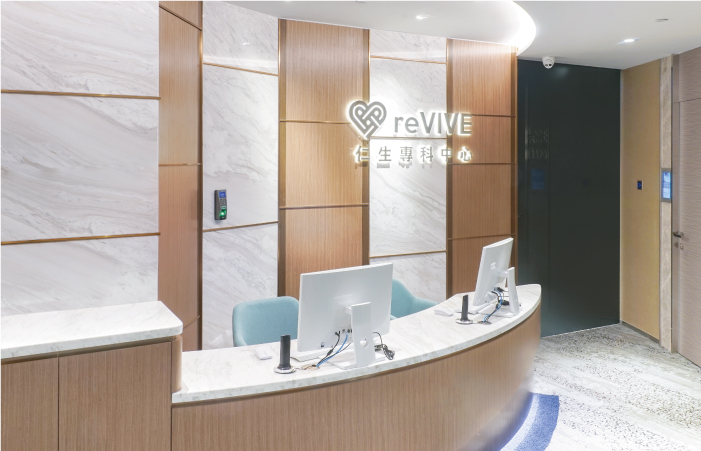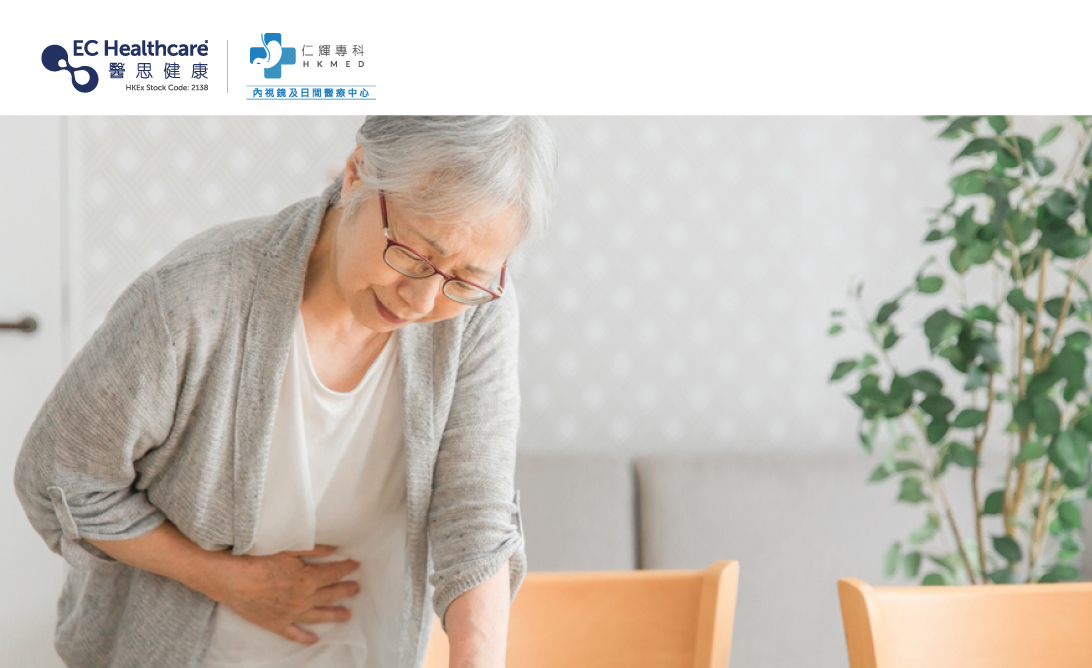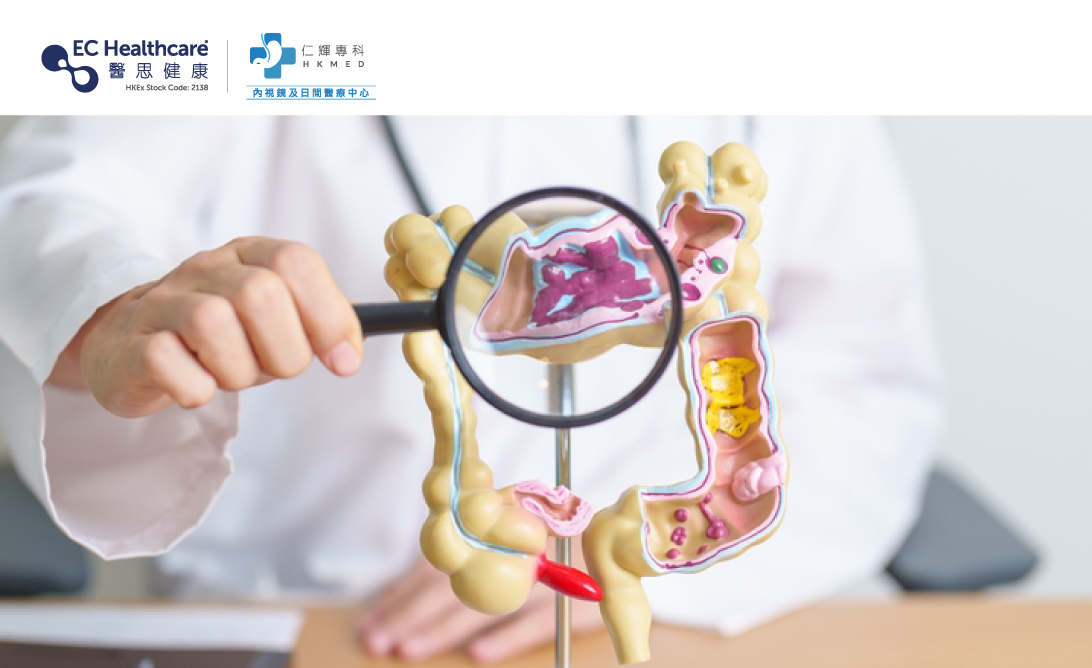Don't Ignore Changes in Your Bowel Habits! Who Has High Risk for Colorectal Cancer?


According to global cancer statistics, colorectal cancer is the third most common malignant tumour worldwide, following lung cancer and breast cancer, and mainly occurs in the colon and rectum. If detected and treated early, the cure rate is high and its associated risks can be avoided. Unfortunately, colorectal cancer does not cause obvious symptoms at the early stage and many patients only notice the symptoms when it reaches the late stage. So, you should pay more attention to changes in your defaecation frequency and stool form to facilitate early detection and prevention of colorectal cancer.
Changed in defaecation frequency
We normally defaecate once a day, but twice a day or once every two days are also considered normal. However, if the number of bowel movements significantly decreases or increases and becomes unstable, it could be an early symptom of colorectal cancer. Other symptoms include:
-Straining to defaecate
-Discomfort during defaecation
-Blood in stools
If you notice sudden changes in your bowel habits such as long-term constipation or diarrhoea, you should seek help from a specialist as soon as possible. If your close relatives have been diagnosed with colorectal cancer, you should pay more attention to changes in your bowel movement frequency and receive timely examination and screening.
Changes in stool form
Healthy human faeces should be moderately soft and well-formed. If your stool becomes dry, hard, long and narrow, fragmented, or pellet-shaped, you need to be aware. Early symptoms of colorectal cancer usually do not cause changes in stool shape, but if cancer has progressed to a certain stage, it may cause bowel obstruction, constipation, and other problems, leading to changes in stool shape.
If you notice any changes in your stool form that persist for a few days or even longer, you should get checked as soon as possible.
Who are at high risk for colorectal cancer?
The incidence of colorectal cancer gradually increases with age. According to international statistics, people over 50 years old belong to the high-risk group of colorectal cancer. Plus, anyone with one or more of the following risk factors may also have higher chances of developing colorectal cancer:
-Diabetes
-Smoking and drinking
-High consumption of fat and protein
-Obesity: BMI>25
-Abnormal bowel habits; chronic constipation
-Hereditary non-polyposis colorectal cancer
-Familial adenomatous polyposis
-Inflammatory bowel disease: Ulcerative colitis, Crohn's disease, etc.
How can I prevent colorectal cancer?
Quit smoking and drinking: Tobacco and alcohol can harm our bodies, especially by increasing our risk of colorectal cancer.
Eat a healthy diet: Consume fewer foods high in oil and fat and eat more fruits and vegetables. Taking vitamin supplements moderately also aid in healthy peristalsis and bowel movements, hence preventing constipation.
Do more exercises and manage body weight: Proper weight training and aerobic exercises can help you maintain a healthy weight and promote intestinal health.
Control diabetes: Colorectal cancer and diabetes are connected in certain ways. If you have diabetes, it is best to control your condition actively by receiving regular check-ups and proper treatment.
Manage inflammatory bowel disease: Patients with inflammatory bowel disease should manage and treat their condition actively to reduce the risk of colorectal cancer.
Early screening for colorectal cancer
Early screening for colorectal cancer is crucial. If detected and treated early, the cure rate can be very high. So, people aged over 50 are recommended to receive regular colorectal cancer screening tests, which mainly include:
Faecal occult blood test (FOBT): FOBT is a simple test that looks for blood in stools. If the result is positive, further examinations are needed.
Colonoscopy: Colonoscopy allows doctors to directly observe the condition inside the large bowel and detect any abnormalities.
CT colonoscopy: CT colonoscopy is a non-invasive test that uses CT scans to identify any abnormalities inside the large bowel.
Everyone should pay attention to changes in their bowel habits and take correct preventive measures such as receiving early screening for colorectal cancer to help reduce the risk of developing it. What we have mentioned above are only some of the risk factors and preventive measures for colorectal cancer. If you experience any discomfort, you should seek timely help and advice from a specialist.
Related Brands



